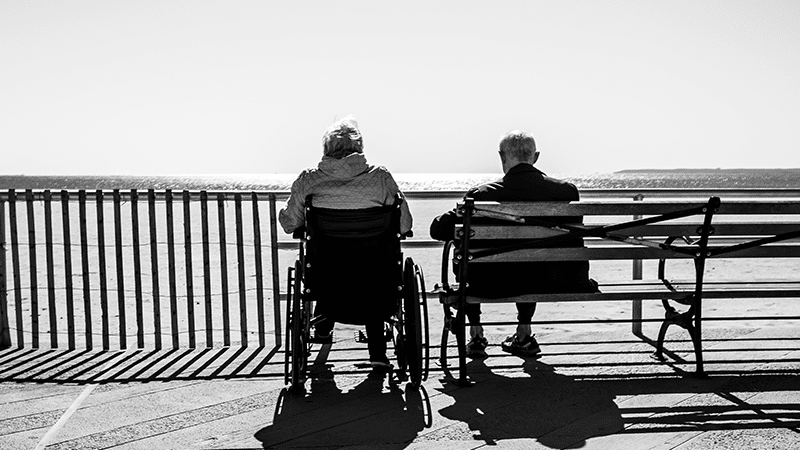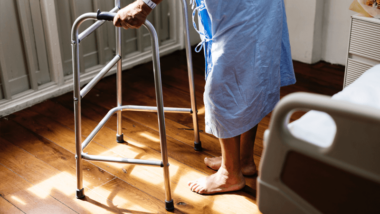Legalising assisted suicide in England and Wales would have catastrophic consequences for the most vulnerable in society, opponents have warned.
Baroness Meacher’s Assisted Dying Bill, set to be debated next month in the House of Lords, would enable those deemed to have less than six months to live to get help to kill themselves.
But palliative care experts Baroness Finlay of Llandaff and Prof Rob George, and disability rights campaigner Tanni Grey-Thompson, say a change in the law would expose the vulnerable to danger.
‘Cliff edge’
All three responded separately to an article by The Times’ Daniel Finkelstein, in which he claimed that legalising assisted suicide would be a “modest and popular step”.
Former Paralympian Baroness Grey-Thompson said that of the twelve organisations representing disabled people in the UK, all were opposed to assisted suicide “because they understand the changes will be seismic, especially for those they represent”.
She added: “Life is hard enough for disabled people. We don’t need a law that would effectively invite us to line up our wheelchairs on a cliff edge and push ourselves off.”
Life is hard enough for disabled people. We don’t need a law that would effectively invite us to line up our wheelchairs on a cliff edge and push ourselves off.
Lethal consequences
Citing a recent poll, Lady Finlay said a significant proportion of the public think assisted suicide “means stopping treatment or hospice care”, whereas in fact “lethal drugs” are used that can take “hours or days” to bring about death.
The Peer also argued that it was unreasonable to expect hard-pressed NHS doctors “to detect coercion, abuse or exploitation” of those vulnerable people who request drugs to kill themselves.
Prof George, Consultant in Palliative Care at Guy’s and St Thomas’ Foundation Trust, rebutted Finkelstein’s claim that the Bill would only bring about a small change for patients.Life is hard enough for disabled people. We don’t need a law that would effectively invite us to line up our wheelchairs on a cliff edge and push ourselves off.
He said: “Every conversation with a dying person would change: death would become a treatment to discuss”. The day would surely come, he added, “when we must refuse treatments with one hand and offer assisted death with the other”.
Undignified
Writing in The Spectator last week, Dr Joel Zivot, Associate Professor of Anaesthesiology and Surgery at the Emory School of Medicine in Atlanta, Georgia, warned that assisted suicide is “neither painless nor dignified”.
The senior medic warned that the proposals in the Meacher Bill “would see sick patients prescribed a lethal dose of perhaps 100 barbiturate pills”, and – as in Oregon – would “require patients to take the drugs themselves, which rules out any form of general anaesthetic”.
Under the current law in England, Wales and Northern Ireland, a person who intentionally encourages or assists the suicide or attempted suicide of another person commits an offence which carries a maximum prison sentence of 14 years.
In 2015, a Bill to remove current safeguards in England and Wales was soundly defeated in the House of Commons by 330 votes to 118. In the same year, MSPs in the Scottish Parliament rejected Patrick Harvie’s Assisted Suicide (Scotland) Bill by 82 votes to 36.
Victory on assisted suicide – the highlights



